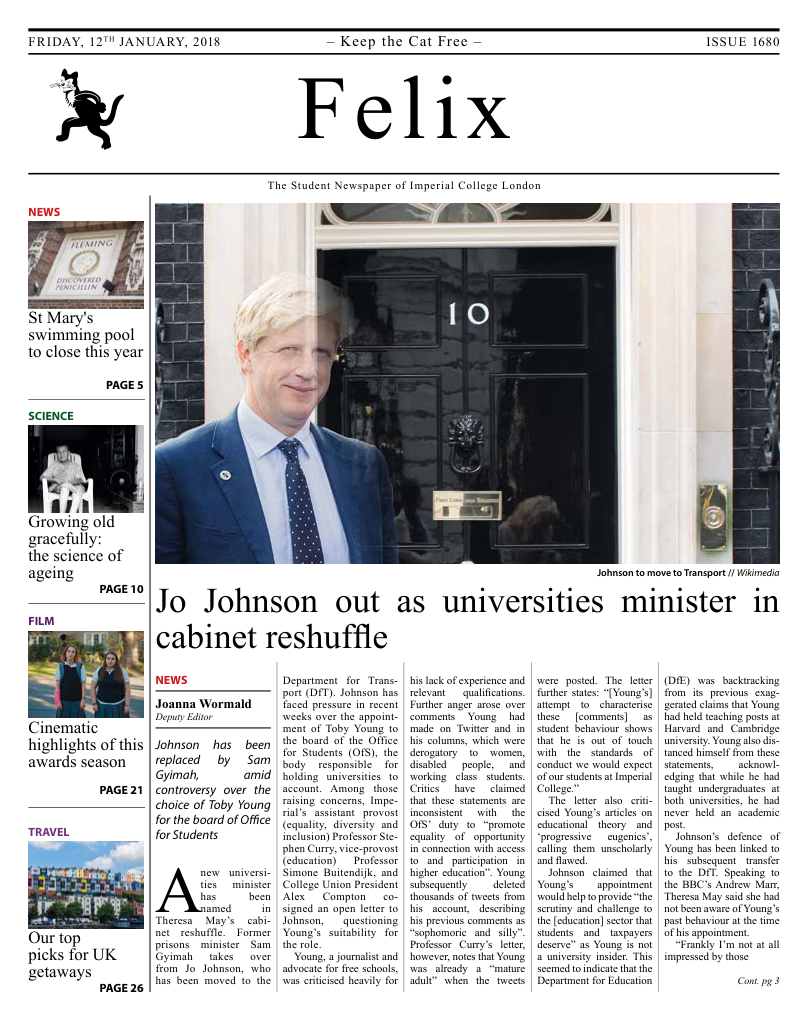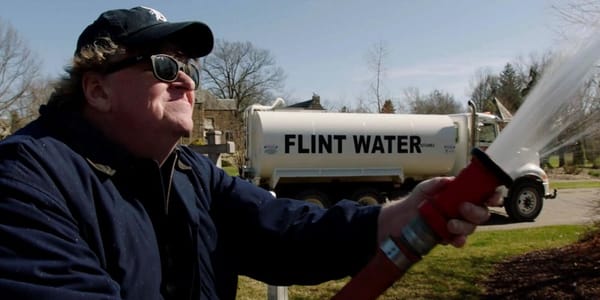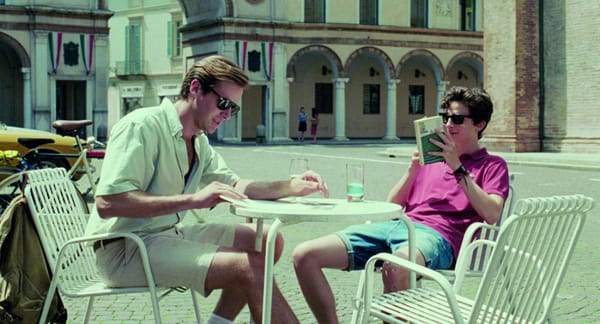Money can’t buy you everything…
Ridley Scott’s All the Money in the World tries to take on too much, and the result is a film that lacks focus.
Any opinion of Ridley Scott’s latest film, All the Money in the World, is going to be indelibly coloured by the situation surrounding its production. Scheduled to be released in the States at the end of last year, with Kevin Spacey in the lead, the film seemed doomed following the numerous sexual assault accusations against Spacey that had emerged. Instead of canning the project, however, Scott decided to reshoot Spacey’s scenes, having Christopher Plummer play the tight-fisted billionaire J.P. Getty instead. It was an audacious move, one that only the most dedicated director could pull off; Scott proves himself to be meticulously organised, or slightly insane, or perhaps both. The release date was only delayed by three days.
A momentous undertaking, perhaps, but it also makes it a difficult film to review – any positive aspects are bound to be taken out of proportion, while faults can be excused as a result of the extensive reshoots. Ultimately, however, the circumstances of the production will go down as the most interesting aspect of the film: All the Money is a technically-competent but stolid drama, which leaves little impression once the credits have rolled.
Taking as its source material Painfully Rich: The Outrageous Fortunes and Misfortunes of the Heirs of J. Paul Getty by John Pearson, who is no stranger to salubrious biographies, All the Money centres on the kidnapping of J.P Getty’s grandson, Paul (Charlie Plummer), by Italian Mafiosi. After the initial kidnapping, we are treated to about thirty minutes of explanatory footage, which establishes how Getty became rich (oil), his parenting style (distant), and his spending habits (frugal). This section, which darts across countries and time zones with such speed it’s dizzying, seems largely unnecessary, particularly when the film’s runtime means it begins to drag during the second half.
Once we get back into the meat of the film, we manage to fall into a steady rhythm. The beating heart of the plot is Paul’s mother, Gail Harris (Michelle Williams), who married into the Getty family before divorcing her husband after he becomes addicted to drugs. She’s fighting a battle on three sides: trying to convince her son’s kidnappers that she doesn’t have the money they’re after, whilst simultaneously dealing with the Italian police and her ex-father-in-law. She’s facing an uphill struggle to have Getty pay the ransom fund: he refuses to hand over the money, initially because he is convinced by his advisor Fletcher Chase (Mark Wahlberg) that the kidnapping has been staged. Even when it all turns out to be gruesomely true, he balks at giving away any more than the maximum tax-deductible amount.
Any concerns that Plummer’s rapid addition may come across in his acting are unfounded: he inhabits the juicy role of Getty with aplomb, savouring his lines like luxurious morsels, and managing to captivate in all his scenes. He portrays Getty as a ruthless tyrant, resplendent in his moral iniquity, allowing us to largely (but not completely) banish Spacey’s spectre from the screen. He is matched by Williams, who – despite being burdened with an unfortunate wig – delivers her lines with a Katharine Hepburn-esque gravitas. She shows the horrific situation Gail is put in pitch-perfectly, moving from outrage to sorrow over the span of a couple of lines. Wahlberg, on the other hand, seems slightly miscast: his Chase lacks the high drama of his co-leads’ characters, and he is never able to lose himself within his role entirely.
With his usual eye for visual style, Scott is brilliant at portraying the franticism of Rome during the 1960s and ‘70s, all paparazzi on vespas, wide lapels, and classic cars. Scott moves his camera through interior locations with grace, ensuring that the audience takes in every aspect of the space, often framed with shafts of soft light filtering in. All the Money in the World is an incredibly textural film, a facet reflected in Janty Yates’ beautiful costume design, which Scott highlights throughout. Where All the Money in the World really falls down, however, is when it is deciding what sort of film it wants to be. While the first thirty minutes resemble a family drama, for the remainder Scott seems to veer between thriller, romance, and procedural drama. It’s not helped by the creative liberties Scott took with the source material, tacking on extra sequences which come across as redundant, adding little other than bolstering an already-long runtime. Scott switches lanes frequently, never leaving us with enough time to enjoy the action playing out in front of us. The film leaves us with more questions than answers, mainly about why such a film needed to be made, or what sort of point it’s making. While there are the beginnings of several great films in All the Money, the leads simply trail out. Scott should have learnt some lessons from Getty himself: if you try and have everything, you’ll just end up with nothing at all.
2.5 Stars
Dir: Ridley Scott. Script: David Scarpa. Starring: Michelle Williams; Christopher Plummer; Mark Whalberg. 133 minutes










